Climate News

With the old right-wing government out in less than 2 weeks, Colombia is already working to increase protection of its environment.

The largest food market in the world, the Central de Abasto in Mexico City, is about to become the site of the biggest solar installation in this urban hub with 12.3 million people.

As heat waves spread throughout the U.S. west and southwest, mainland Europe and the United Kingdom, the reporting focus is often just on high temperatures as a measure of at what point people simply cannot survive. A new study reveals that the combination of high humidity and heat can render our regions unlivable at much lower temperatures than had been previously understood.

As high temperatures in the United Kingdom lead to deaths and wildfires, shutdowns of two major rail lines are getting a few people\'s attention, but is anyone really hearing the wake-up call and waking the hell up?

If you want to know what the future holds watch \"Life at 50°C\".
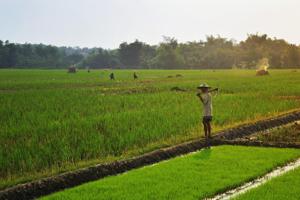
In the first major research study focusing on the impact of the climate crisis on coastal communities in the tropics, scientists report nations in these warmer regions will suffer more than most because of their dependence on fishing and agriculture for economic stability and food.
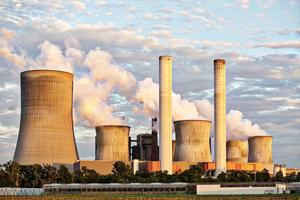
In 2010, the United Nations created a means for member nations to pool money to help countries accelerate their move to renewable energy. The U.S. is the most grossly negligent of all nations in following through on its commitment to contribute to that fund.

Scientists from four Singapore research institutions announced they have developed a means of removing phosphorus, a common but dangerous component of wastewater linked to washing agents and agricultural chemical runoff, even when the wastewater is 25° C (77° F) or warmer. Such an innovation could prove critical as global heating due to the climate crisis accelerates.
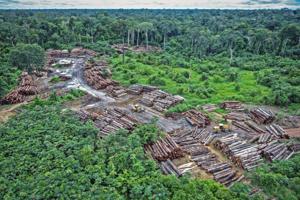
In a landmark decision, Brazil’s highest court has ruled that the 2015 Paris Climate Change Accords, which Brazil is a party to, constitute a human rights treaty, with major implications for the country. The court has also ordered the government to reactivate the country\'s long dormant climate action fund and national climate policy.

Two just-released analyses show the Arctic is both heating at a rate four times faster than the world as a whole, and has ozone depletions which have created other unusual weather phenomena.
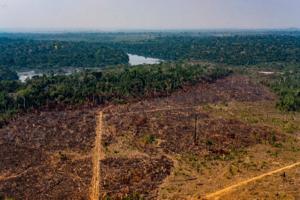
The National Institute of Space Research (INPE) of Brazil just released data showing deforestation of the Brazilian Amazon Rainforest for the first six months of 2022 set a record. 3,987 square kilometers (1539 square miles) were cut down, bulldozed, or burned, all to support greed in industry and government.
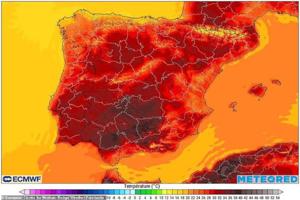
Based on analysis from a just-released paper, the Iberian Peninsula is now officially in its worst drought in at least 1200 years. The impacts on farming; availability of safe water for drinking, cooking, bathing, and sanitation; and tourism are already threatening the lives and economy of everyone living in the region.

Attilio Fontana, the president of Lombardy, said the drought was the worst the region had ever experienced. The consequences of the Po valley drought on agriculture are estimated at more than €3 billion.
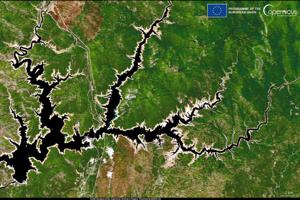
As the state of California logs its direst and hottest year since at least the 19th century, its two largest water reservoirs are shattering barriers for how low their water levels are.

Traditional construction is responsible for generating 27% of global CO2. Alternative methods such as 3D printing hold the promise of cutting that significantly.
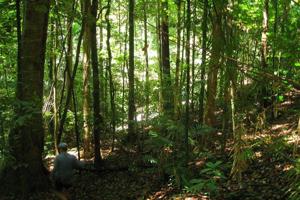
A new study documented a disturbing trend in the rainforests of Australia where the lifespan of trees has halved over the last 35 years, possibly due to the effects of climate change on the ecosystems.

A new form of high performance solar cells developed by scientists at Princeton University could extend the life of perovskite solar cells from as long as 30 years. It could revolutionize the long-term utility of this kind of renewable energy for the future.
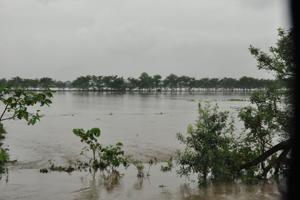
Dozens of people have perished while millions are still stranded in various flood-affected regions of Bangladesh and neighboring upstream India due to unprecedented monsoon rains over the past week.

A just-released study has revealed that two of the bigger glacier structures in West Antarctica may have begun a previously undiscovered catastrophic rapid melt collapse.

Engineers at Climate Survival Solutions have developed a new remote monitoring system for use with their new Tataouine Community and Research Center project, currently under way in Arizona, with engineering contributions from multiple international sites.
